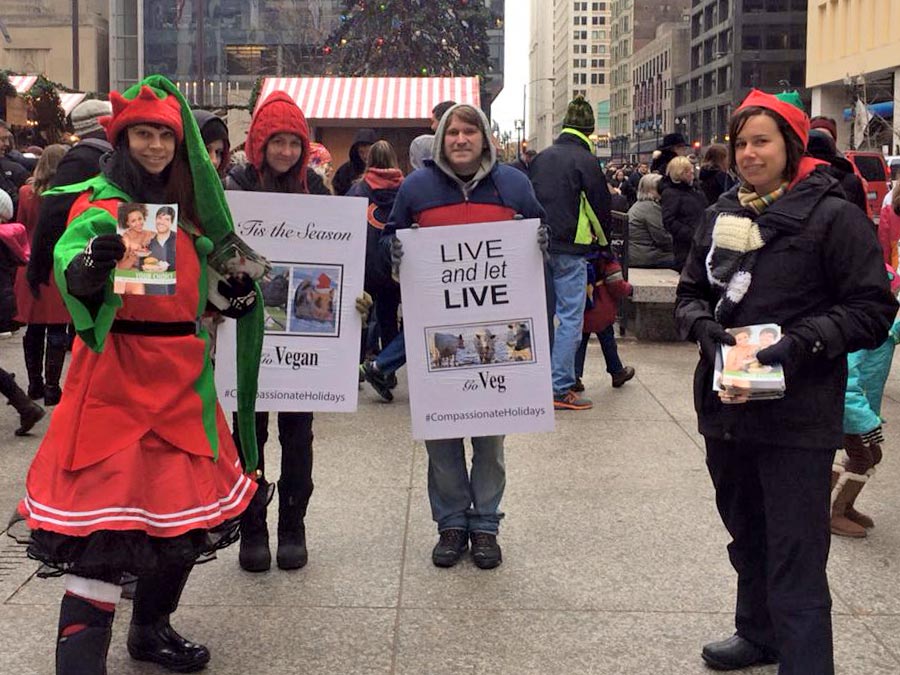By Toni Okamoto
Far too often, cats are mistaken for having a selfish, bad attitude. Masha would like to prove that misconception wrong. When she found a baby on the cold streets of Russia, she kept him warm until she had the chance to alert human passersby of his presence.
I love all kitties and I think they’re all wonderful, but if you’re skeptical about their awesomeness…read more about Masha’s story below:

Excerpt from NY Post, January 15, 2015, Hero Cat Saves Baby From Freezing to Death:
Masha, a long-haired tabby cat, saved the life of a baby abandoned in the streets of Russia — after she climbed into the box he was discarded in and kept him warm, health officials said.
“The baby had only been outside for a few hours and thanks to Masha … he was not damaged by the experience,” a hospital spokesman told Central European News.
The whiskered hero even meowed to get the attention of a passerby.
“She is very placid and friendly, so when I heard her meowing, I thought that perhaps she had injured herself,” said Obninsk city resident Irina Lavrova. “Normally she would have come and said hello to me. You can imagine my shock when I saw her lying in a box next to a baby.”










